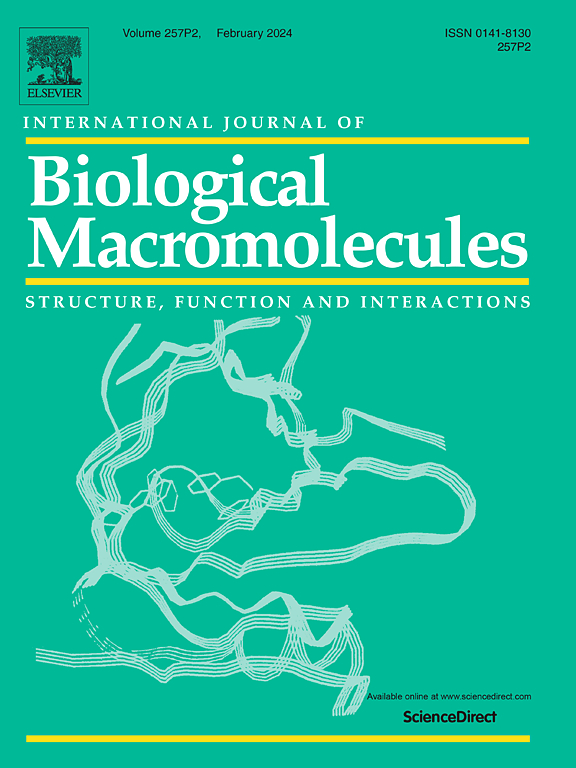Bio-based waterborne polyurethanes from castor oil, sorbitan monooleate and sodium lignosulfonate with ultraviolet resistance, photothermal effect, corrosion?…
Abstract
The advancement of bio-based materials derived from renewable resources provides a pivotal strategic approach to address the problems of environmental pollution and scarce fossil resources. In this study, a series of bio-based waterborne polyurethanes (WPUs) with enhanced UV resistance, photothermal effect and corrosion resistance were prepared by using sorbitan monooleate (SP) and castor oil (CO) as vegetable polyols together with the introduction of sodium lignosulfonate modified of diethanolamine (DML). The WPU coatings of only 100?μm thickness, exhibited UV blocking rate?>?99?% between 200 and 320?nm. Furthermore, the synthesized WPUs had superior adhesion to aluminum, tinplate, and PVC surface, with adhesion to tinplate of up to 5B and hardness of up to 3H. Additionally, the WPU coatings showed favorable photothermal effect when exposed to 1.05?W/cm2 of near-infrared light irradiation, with maximum surface temperature of 93?°C. The WPU coatings demonstrated noteworthy corrosion protection, with high corrosion protection efficiency of 96.97?% on tinplate. This study presents a new strategy for the synthesis of bio-based WPUs with excellent ultraviolet resistance, favorable photothermal effect, corrosion protection, and degradability. The unique properties lay the foundation for the applications of bio-based WPUs in the field of industrial coatings.





